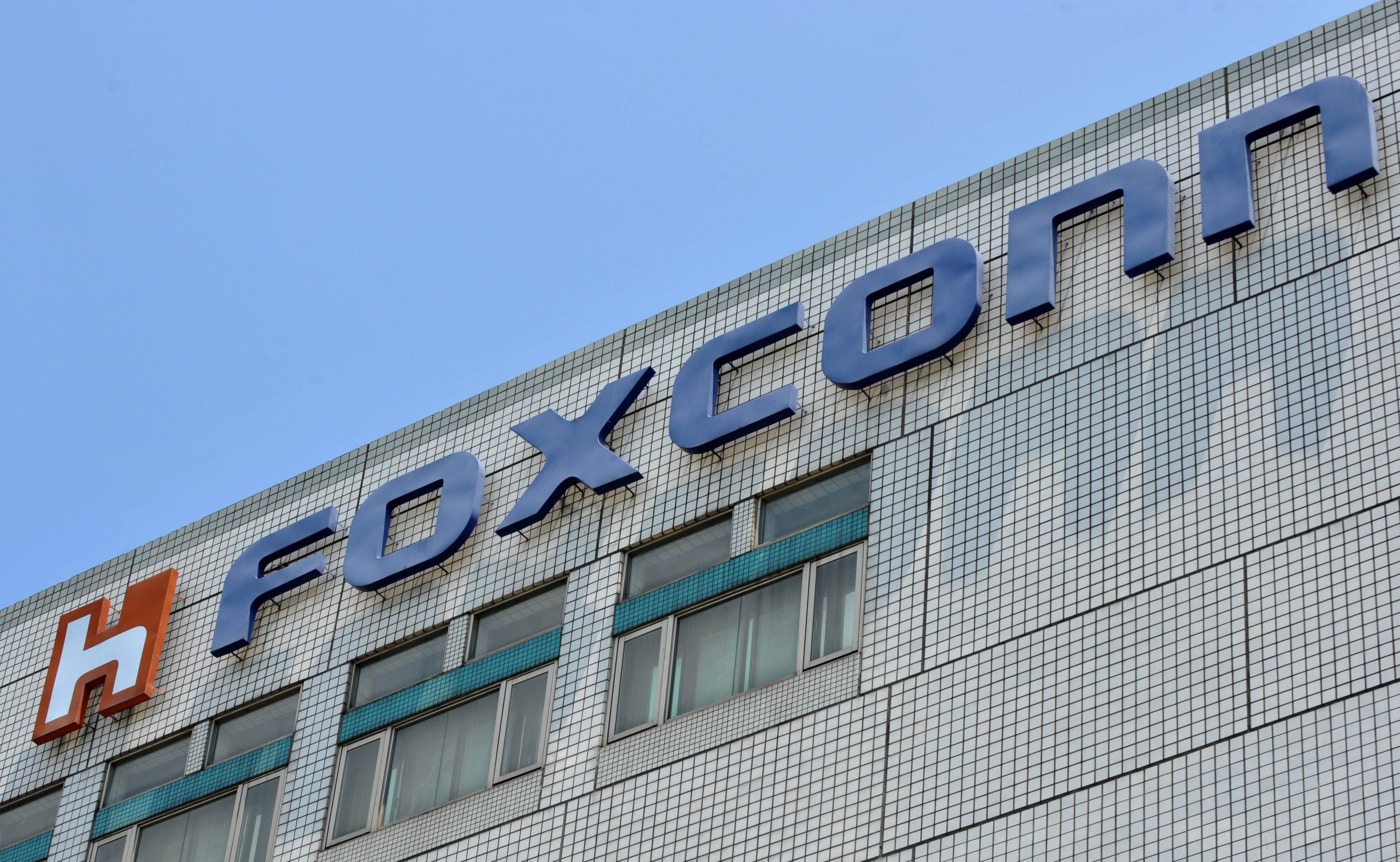Bottom line: With the US-China trade war raging on with no end in sight, manufacturers like Foxconn are desperate to escape the immense pressure by shifting production capacity elsewhere. But while Trump administration's goal has been to encourage this capacity to go back to the United States, it looks like both China and the United States stand to lose as manufacturers look to other regions with more interest.
Foxconn's latest earnings report is out, and it looks like Apple's biggest supplier rose above analyst expectations at a time when many other companies have seen their business dwindle because of the pandemic.
After a particularly hard first quarter this year, Foxconn posted a net profit of $778.55 million for the three months ending in June, which is a 34 percent year-over-year increase and more than $170 million above expectations. The Taiwanese manufacturer believes the results are most likely caused by the upswing of people who work from home, which has greatly increased demand for both consumer and enterprise equipment when compared to the period before the pandemic.
It wasn't all rosy for Foxconn, however, as smartphone revenue still dropped around 15 percent during the second quarter. The company did anticipate this decline, as it saw a downward trend in the number of orders that persisted through June. Projections for the third quarter show a 10 percent year-over-year drop in Q3, which is why Foxconn is on a hiring spree to ensure a successful launch for Apple's iPhone 12 lineup.

Hon Hai Precision Industry (Foxconn's parent company) chairman Young Liu told Bloomberg that the manufacturing giant will slowly build out more capacity outside of China as a result of continued pressure from the US-China trade war.
Liu says that while China will remain an important region for manufacturing, the country's "days as the world's factory are done."
Foxconn currently has 30 percent of production outside of China, up from 25 percent one year ago. The company is eyeing several new locations, including India, Vietnam, Mexico, Brazil, and the United States.
Foxconn's clients have been looking to diversify their supply chain, which is why India is pushing ahead with a $6.6 billion investment to lure Big Tech into setting up a local production ecosystem. The plan seems to be working so far, with Wistron now making iPhone 11 units and Pegatron scrambling to open a new manufacturing arm in Chennai.
The tariffs imposed by the Trump administration on consumer goods have given countries like Vietnam – which still lacks the necessary infrastructure – a foot in the door to win some manufacturing contracts for electronic accessories.
